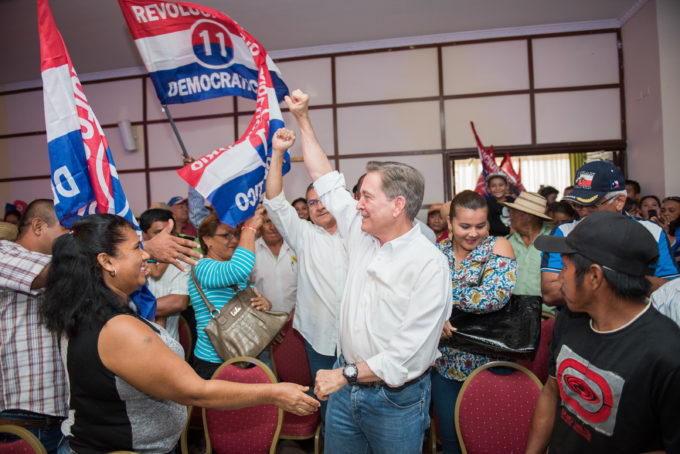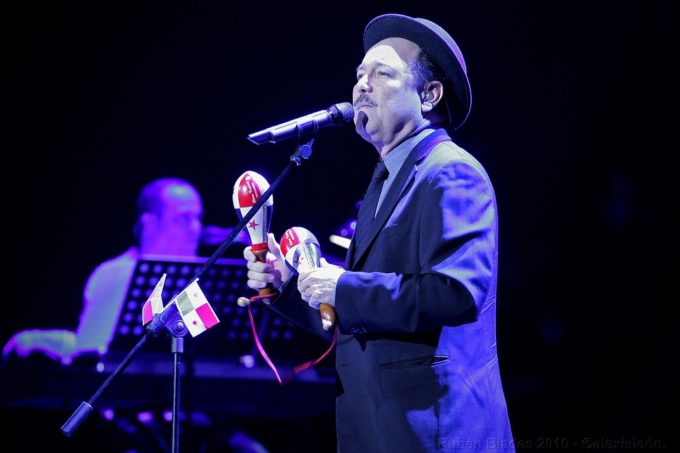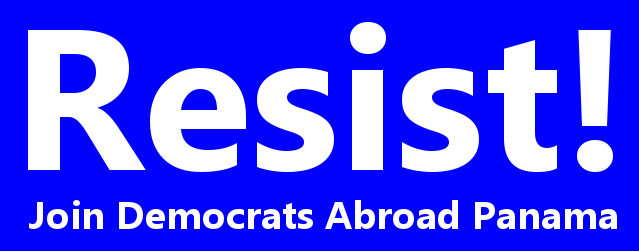
Parties and candidates jockey for 2019 position
by Eric Jackson
Perhaps the big political story of the week is that entertainer and former Tourism Minister Rubén Blades has announced that he will end the salsa concert tours to concentrate on political involvement. It was widely reported that this means he’s running for president of Panama, but Blades later complained that this is a misquote, that he has yet to decide how he will participate in the 2019 electoral process. The news came as something of a gaffe — the announcement was made in Spain, not Panama. It would make perfect sense that a working man who spends so much of his time on the road as a musician and actor would do this, to those who make their livings working in the performing arts. Panamanians who see Blades as an international celebrity and perhaps connect that more with talent than with labor may be less forgiving. In any case, polls before his announcement did not have Blades as the most popular potential independent candidate, let alone anything close to an overall front runner.
At this early stage, would there be a front runner? If the working assumption is that the alternating cycle of Panamanian politics in which the party that holds the presidency always gets thrown out in the next election will continue, that leaves President Juan Carlos Varela’s Panameñista Party with diminished chances. Then there is Ricardo Martinelli’s disintegrating Cambio Democratico party, one of whose dissident members who now presides over the National Assembly as the ex-president tries to run the party from his Miami jail cell. Most of the announced CD presidential wannabes appear to be more interested in the immunity from arrest that comes with being a candidate than actually winning the job.
That leaves the PRD, which is also badly split. The leading light there, however, once sat around the cabinet table with Blades. Laurentino “Nito” Cortizo, however, did not go the distance in the Torrijos administration like Blades. He quit over Panama’s adhesion to the free trade pact with the United States, which he warned would devastate Panamanian agriculture. It did, but perhaps more important to Cortizo’s chances than principles or prophecy is that he has maintained his distance from the acrimonious infighting that has beset a party that until 2014 had not lost two elections in a row since its foundation.
As it is, the PRD remains the country’s most populous political party, with 462,395 members as of June. The president’s Panameñistas have been recruiting of late and with a sluggish economy and unprincipled political culture they have done well. Since the 2014 elections Varela’s party has added 127,248 new members, about a 37 percent increase. That has vaulted them into second place among the parties with 343,586 members as of June. How many of the new Panameñisats have come from the ranks of the 119,660 people who quit Ricardo Martinelli’s Cambio Democratico in the past three years? Probably a lot. In any case, former number two CD is down to 338,842 registered members and its position is far worse than the figure suggests.
Minor parties are splintering away from the Martinelli camp, perhaps most notably a new right-wing Evangelical party in formation. There is also unusual interest in possible independents, and unusual rejection of the legislature and its members. Perhaps some of the existing small parties might grow a bit from the disenchantment.

Correction: The Panama News, picking up on the story that ran in media across the Spanish-speaking world, originally reported that Blades had announced a run for president. But actually, it was one of these ‘there has been no decision yet’ with hints rhetorical dances.
~ ~ ~
These announcements are interactive. Click on them for more information.










